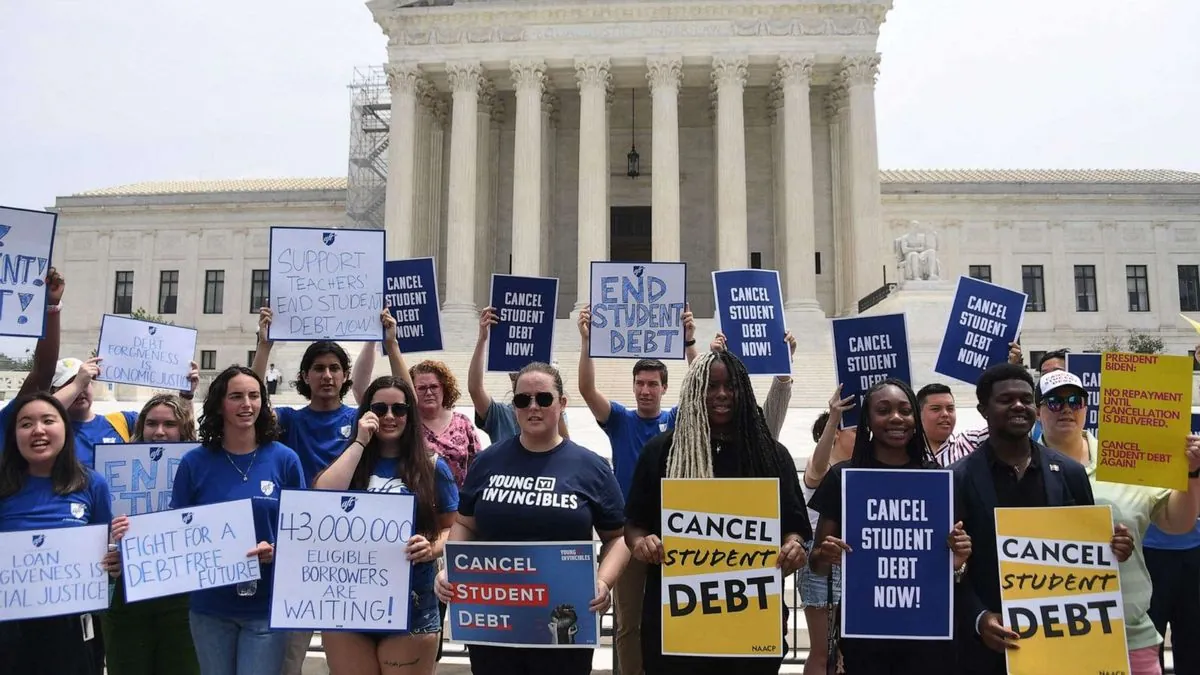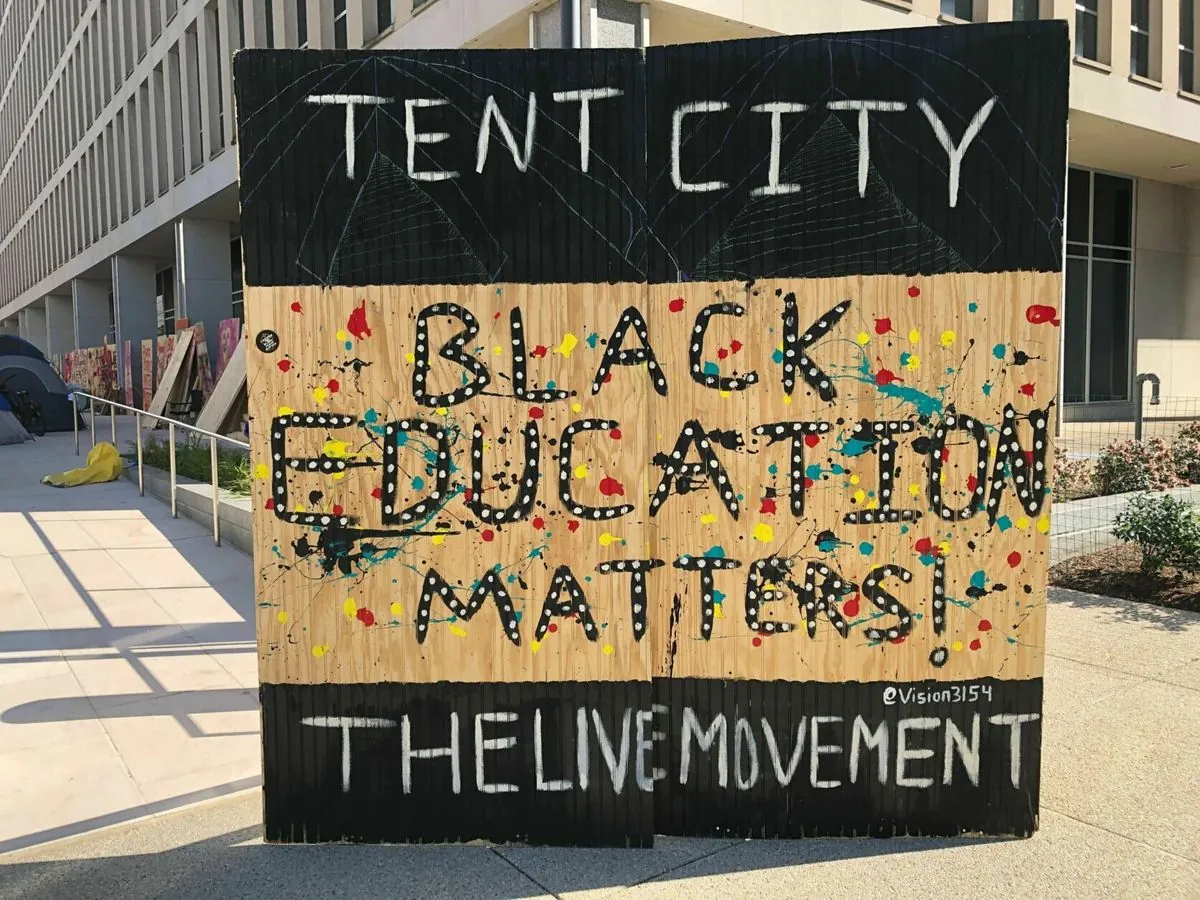Supreme Court Halts Biden's Student Loan Relief Plan Amid Legal Challenges
The Supreme Court has refused to clear Biden's new student loan relief plan, SAVE, amid challenges from Republican-led states. The decision affects millions of borrowers and intensifies the debate over student debt responsibility.

The Supreme Court has declined to immediately approve the Biden administration's new student loan relief and repayment plan, known as Saving on a Valuable Education (SAVE). This decision has created uncertainty for millions of borrowers and intensified the political debate surrounding student debt responsibility.
Joe Biden introduced SAVE in the fall of 2023, following the resumption of student loan payments after a three-year pandemic-induced pause. The program, which offers reduced monthly payments and accelerated loan forgiveness, has already enrolled over 8 million individuals and cleared debts for more than 400,000 borrowers.

Republican state officials swiftly challenged SAVE, accusing Biden of overstepping his legal authority. The Congressional Budget Office estimates the program will cost approximately $230 billion over the next decade, while the Biden administration projects a lower figure of $156 billion.
The Supreme Court's decision leaves in place an order from the U.S. Court of Appeals for the 8th Circuit that halts SAVE and affects several older student loan forgiveness programs. The court expects the 8th Circuit to render its decision "with appropriate dispatch," potentially bringing the issue back to the Supreme Court during the upcoming presidential campaign.
"We won't stop fighting against Republican elected officials' efforts to raise costs on millions of their own constituents' student loan payments."
SAVE relies on the Higher Education Act, specifically the income-contingent repayment statute. This distinguishes it from Biden's previous pandemic-era loan forgiveness plan, which was based on the Higher Education Relief Opportunities for Students Act of 2003 and was invalidated by the Supreme Court in 2023.
The legal challenges to SAVE argue that Congress never intended such generous terms for student loan repayment. Education Secretary Miguel Cardona warned that the 8th Circuit's ruling could force millions of borrowers to pay hundreds of dollars more each month.
It's worth noting that income-driven repayment plans have a long history in the United States, dating back to 1994. The total U.S. student loan debt now exceeds $1.7 trillion, with the average debt for recent college graduates around $30,000.
As the legal battle continues, the Biden administration has placed all borrowers enrolled in SAVE in an interest-free forbearance, postponing their payments. The outcome of this case could have significant implications for the future of student loan debt in America and may become a key issue in the upcoming presidential election.


































